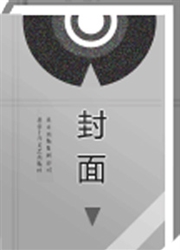

 中文摘要:
中文摘要:
Most scholars have recognized gated community as a new kind of negative and unacceptable defensive residential pattern in the context of globalization and neoliberal ideologies. However, widely different from the West, China’s gated communities are mainly promoted by China’s endogenous culture and social restructuring, which has also aggravated urban problems in recent years, such as spatial privatization, social segregation, residential discrimination, and traffic inaccessibility. According to some surveys and local experiences in China, the government reform of opening gated communities has actually failed since 2005. The objectives of this research therefore are to explain the paradox between maintaining culture and opposing policies, and the disputes between government, developers, residents, and experts relating to gated communities in China. By analyzing its evolution, characteristics, mechanism, and trend, the research finds that gating is represented as distinct symbols for various groups carrying different targets and values, and the solution to eliminate its negative influences is not to find an alternative residential pattern, but to make and implement new estate policies and design specifications.
 同期刊论文项目
同期刊论文项目
 同项目期刊论文
同项目期刊论文
 Exploring Urbanization Patterns for Counties in Underdeveloped Mountainous Areas: A Case Study of Hu
Exploring Urbanization Patterns for Counties in Underdeveloped Mountainous Areas: A Case Study of Hu 期刊信息
期刊信息
